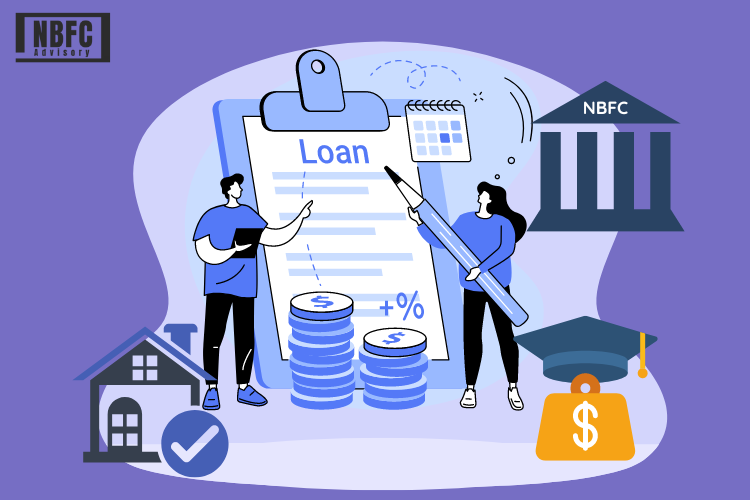Though a relatively new notion in the financial services industry, fintech companies revolutionize how customers interact with their banks and other financial service providers.
To keep up with this fast-paced and ever-changing industry, these companies need to have the appropriate licenses and permissions. And for many fintech, that means opting for an NBFC license instead of a banking license.
There are a few key reasons why NBFC Licensing is so popular among Fintechs.
To Run Business with Regulations
The world of fintech is constantly evolving, which means that regulations will also be changing. FinTechs have to remain up to date with their regulatory requirements or risk losing credibility in the eyes of potential investors. They also risk getting fined for non-compliance with specific rules and regulations.
FinTechs must keep up with all types of regulatory requirements regarding customer protection, money laundering prevention and other aspects related to financial services regulation. It includes things like Know Your Customer (KYC) policies which help verify identity data provided by customers before they can open an account or use a product or service offered by your company.
While these may sound like tedious tasks at first glance, they are vital because they protect both consumers and businesses from the harm caused by unscrupulous individuals who could potentially misuse any online personal information (i.e., identity theft).
Regulations can be beneficial for fintech companies because they help ensure consumer security when dealing with sensitive financial information such as credit card numbers; without them, there would be no way for customers’ funds to be stolen even if criminals managed somehow bypass security measures put forth by their host institutions!
Business Continuation
NBFC license allows FinTech companies to provide a broader range of services such as loans and other credit products. With an NBFC license, FinTechs can offer more products and services; they can better serve investors and consumers by having greater access to funding, credit and data.
As per the RBI directive, the NBFC license enables FinTech companies to provide a broader range of services such as loans and other credit products, including after-market financing.
It gives them an edge by providing one stop solution to their customer base as they provide all credit facilities under one roof. This license helps FinTech businesses scale faster.
Asset-Liability Management
FinTechs face myriad challenges daily: managing liquidity and interest rate risk, understanding foreign exchange risks and complying with the regulations that govern their businesses.
NBFC license gives FinTechs the ability to conduct business in India by empowering them to offer financial services across all sectors of the economy. It allows them to use their technology platforms and create new products through their NBFC license that all segments of society can use.
Cash Flow Management
In addition to protection, an NBFC license provides FinTechs with cash flow management benefits. By helping manage their cash flows and financial position, FinTechs can keep their businesses running smoothly and ensure that their customers receive funds promptly.
Some of the ways an NBFC license helps FinTechs manage cash flow include:
- Staying competitive in the banking world requires technological developments in cash flow management, and FinTechs bring those technological advancements to the NBFC, which helps better determine cash flow.
- NBFC license aids in required regulatory support to the FinTechs, and keeps a check on the regulatory framework applicable to NBFCs is followed by the FinTechs
- Most of the FinTechs are coming up with revenue based financing products and working towards solving the working capital and supply chain related concerns which in turn is helping MSMEs manage their cashflows efficiently and take advantage of the trade discounting with the help of NBFCs.
An NBFC license helps FinTechs become more sustainable, stable and scalable.
A Non-Banking Financial Company (NBFC) license allows FinTechs to get access to:
- Funds from the public by issuing bonds or debentures help them become more sustainable, stable and scalable.
- The ability to offer loans to customers for investment in their products or services is the way they can diversify their offerings and reach a wider audience of customers.
- Underwriting securities related activities such as managing assets and liabilities, underwriting insurance policies etc., thereby making FinTechs more responsible towards their consumers and investors.
Conclusion
To sum it all up, a Non-Banking Financial Company license helps FinTechs become more sustainable, stable and scalable. The cost of debt becomes lower, asset liability management is more accessible, cash flow management is better, and they have access to regulated funding. Some systems help them track their customer’s financial data better.





